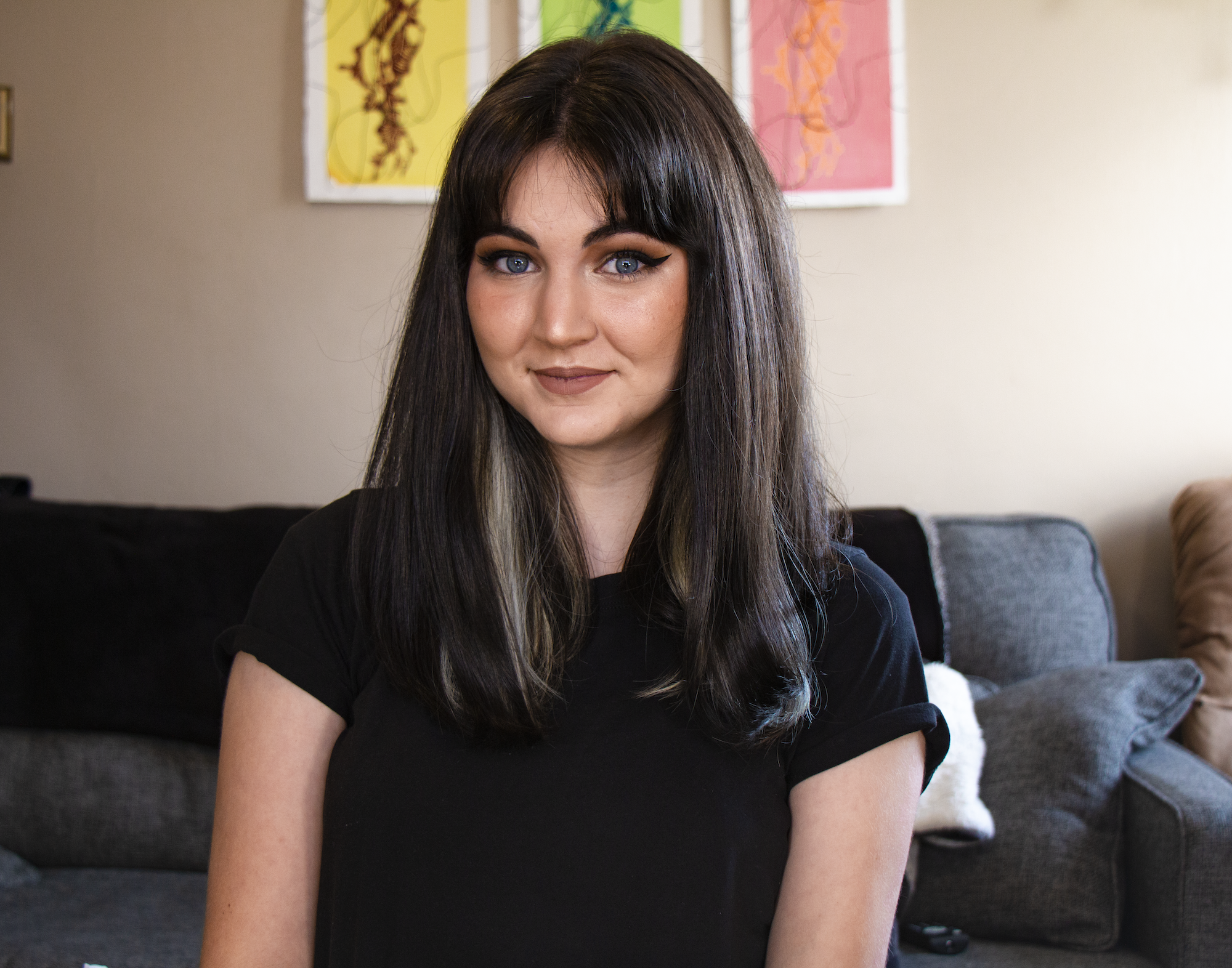If there is any silver lining for undergraduate research during the Coronavirus pandemic, it lies in way virtual meetings have expanded possibilities for connecting artists and scholars across the globe. Kylee Turner, an Art History student at University State University, was able to take advantage of this trend to radically extend the interviews she planned as part of a project on contemporary printmaking. CURAH recently caught up to Kylee, virtually of course.
CURAH: What was the nature of your project?
KT: My URCO research is a combination of my two passions, film and printmaking. I’m recording interviews with printmakers from all around the world to capture the rich history and energy around the art form. I will use the footage and information I gather to make an energetic and informational documentary about printmaking.

CURAH: What were the easiest and hardest things about the work you did?
KT: The easiest part of my project has been staying motivated, no matter the changes that have come due to the state of the world. I want to learn what my interviewees have to teach me and I’m excited to share that information with others. Printmaking is a largely community-based art. There is a really passionate group of people that are excited about the work they are doing and want to bring others in to share the magic that lies within the process. I am thrilled at the idea of capturing that and hopefully letting new people experience the intense passion that comes with making. My desire to do this, and do this well, brings in the biggest stressor and most difficult part of this project. There is no book on “How to Make a Documentary on Zoom” and I don’t know how my final product is going to look compared to what I had originally planned.
CURAH: What kinds of things did you learn? (about your topic, about scholarship, or about yourself)
KT: Undertaking such a massive project has pushed the bounds of the small world that I thought I lived in. I had planned on visiting artists in Utah, Idaho, and the surrounding states based on availability of artists. My grant money included a travel fund that I was going to use to get to Florida to speak to artist that had a different background and setting. This, to me, was a fairly broad stroke I was going to use to try and paint a very complicated picture. Now, Zoom has allowed me to complete interviews with artists from all over America as well as Scotland, Ireland, Germany, and Hong Kong. The reality of being able to paint a global picture of printmaking has been huge for my research and really solidified the idea of scholarship to me. Reaching out to big names—people in the MOMA, artists making waves, printmakers inventing processes—it all seemed out of reach before this. Now, it’s reality.
CURAH: Did you make any discoveries along the way?
KT: Researching in my field of study has been eye opening on many fronts. Hearing from so many passionate and active artist has help keep my personal practice of printmaking alive. I’ve learned simple ideas to share printmaking with more people and complex technical skills that I hadn’t heard of before. While this might not directly show in the documentary, learning new things proves how expansive this field is. There’s so much to be excited about and dive into. I’m reminded with each interview I conduct that this is a worthwhile topic and that there is something here to share with the world.
CURAH: How has the project helped you in your career goals?
KT: In video, one of the greatest strengths you need while applying for jobs is a strong reel of work. While I’ve been working on video projects throughout my university career, this is different than anything I’ve had the chance to make. It will help me prove my film skills to future employers but, more importantly, my ability to adapt and overcome roadblocks in the creative process. This project is a proof of my ability to plan, shoot, produce, and problem solve effectively. While it hasn’t landed me my dream job yet, I’ve still got a lot of work to do before I’m finished here.

